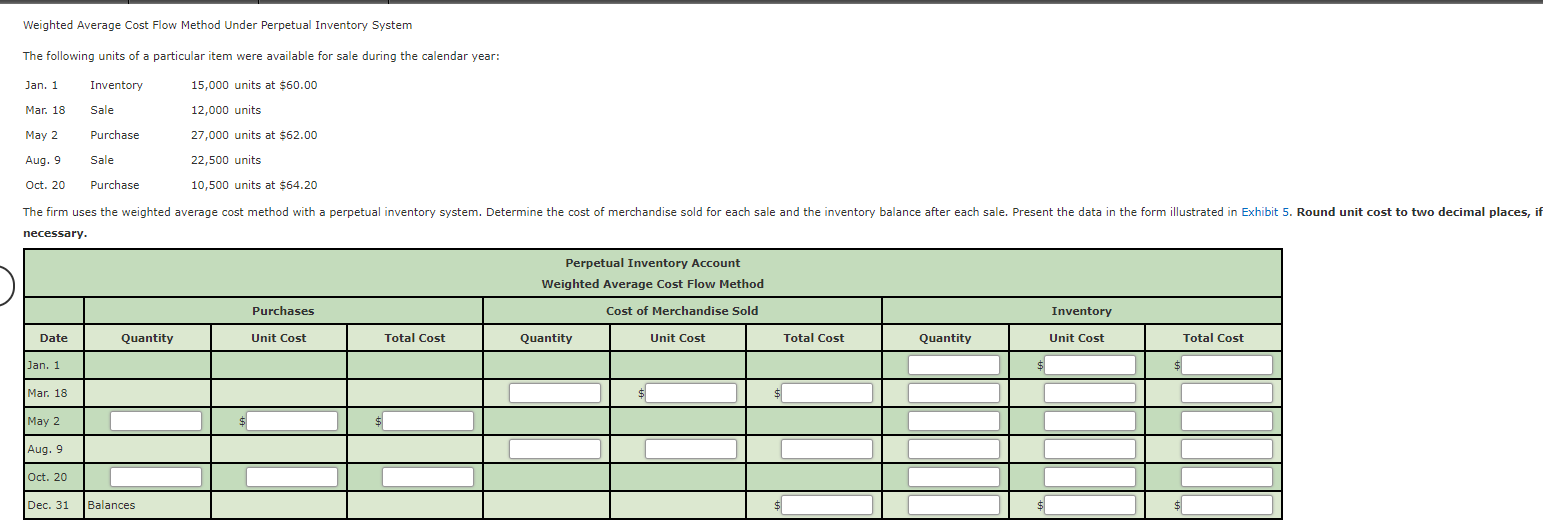Building a scalable accounting function for startups
Deferred revenue should be recorded as a liability on the balance sheet when advanced payments are received. As the service is provided or the product is delivered, the company recognizes the revenue in the income statement over time. This ensures that the financials accurately reflect the company’s performance. Kruze the best accounting firm for high-growth, technology companies.
QuickBooks Live is a strong choice for startups already familiar with QuickBooks, providing tailored support and regular account reconciliation. Startups can save money on accounting immediately by taking meticulous care of their records, receipts, and spending. Choosing an accounting https://fortee.ru/2011/06/27/zavtra/ program that can help you organize everything in one place is invaluable.
Popular Accounting Software for Startups
- A GREAT set of financial statements informs decision-making in real-time.
- But eventually you’ll need to set up your accounting systems, and the longer you wait, the more you’ll have to go back and fix, just like technical debt.
- Learn more about Bench, our mission, and the dedicated team behind your financial success.
- For SaaS companies, Stripe offers subscription management, recurring billing, and secure payment processing, making it easy to automate revenue streams and scale globally with robust APIs and integration options.
- Startup costs for a new business are categorized as income and listed in a balance sheet’s Equity section.
Bookkeeper360 provides financial management services, including bookkeeping, CFO advisory, payroll, and tax services. InDinero offers accounting, bookkeeping, and tax services in one place, making it a convenient option for startups that want to manage all financial aspects in one solution. If you need an easy-to-understand accounting software package with great customer service and tech support, FreshBooks can help.
How much do startups spend on accounting?
Without a scalable accounting system in place, startups risk inefficiencies, financial errors, and compliance issues that could hinder growth. Both are numbers-related, but bookkeeping and accounting are not quite the same things. Bookkeeping is the process of tracking all financial records—mainly income and expenses. The term dates back to the olden days when business owners tracked finances in paper books. Proper financial records management provides tech startups with a clear overview of their financial health. Furthermore, it ensures compliance with regulations and facilitates smooth audits or due diligence http://www.kpe.ru/sobytiya-i-mneniya/ocenka-tendencii-s-pozicii-kob/3270-great-game-of-the-global-predictor processes in the future.
Commit to a bookkeeping + accounting cadence
If you are running a SaaS startup, and you sell a 12-month contract to a client for $120,000 in January, on a cash basis you record $120,000 and that’s it. You don’t get any more revenue from that client for the rest of the year. That really doesn’t reflect reality, because you still need to deliver that service for the rest of the year. With accrual accounting, you would recognize $10,000 of that revenue each month.
Synder Sync streamlines this by automatically syncing open invoices from your accounting software with incoming payments from Stripe, for example. Let’s say you’re syncing data from Stripe to process payments for your software subscription services. Understanding key metrics and staying on top of taxation and compliance are vital for your startup’s financial health. As you navigate budgeting and cost control in your startup, remember that every dollar saved can be reinvested into your startup’s growth. Creating a startup budget is crucial for managing finances effectively. In the startup phase, it is crucial to outline the projected income and expenses to ensure that the business operates within its means.
Startup Accounting: Recordkeeping
- A tech startup accountant is more than just a traditional accountant; they are financial experts attuned to the unique needs and dynamics of the tech startup ecosystem.
- These companies often collect payments in advance for services provided over time, creating complexities around when to recognize revenue accurately.
- Choose an advisor who “gets” early-stage, Silicon Valley-style businesses.
- During this transition phase, clear communication between both parties is essential for maintaining accuracy and consistency in startup accounting.
- Deferred Revenue is when a client pays you ahead of you delivering a service.
The cost of accounting varies based on the complexity of your business transactions. We compared many US accounting services and found that the average cost is between $500 and $1.5k/month. According to Shri Ganeshram, CEO and founder of Awning, a real estate investing company, cash flow is the lifeblood of any business. Finally, an ERP is a comprehensive tool that tracks product procurement, project management, risk handling, compliance, and business accounting. Generally, large businesses with multiple departments use an ERP.
Where are your customers?
Developing KPIs for accounting functions allows tech startups to identify areas for improvement and set clear targets for financial performance. Having access to comprehensive financial reports in startup accounting enables founders of tech companies to evaluate the performance of different aspects of their business and strategize accordingly. For example, using cloud-based accounting software like QuickBooks or Xero helps streamline financial tracking, making it easier for startups to manage their finances with accuracy. This rapid expansion can complicate financial planning, cash flow management, and revenue recognition.
How can startups save money on accounting?
We deeply understand the needs and nuances of growing startups and small businesses. Since 2016, we’ve provided hundreds of growing companies a dedicated team of experienced startup accountants and CFOs who serve as their complete or supporting in-house accounting & finance department. We are your one-stop-shop for all things outsourced accounting, finance and tax. Read about some of our expertise on our tech startup industry page. For tech startups seeking investors or considering acquisition, preparing for due diligence and audits is essential for building trust and demonstrating financial stability.
The remainder would stay on your balance sheet as deferred revenue. That makes your income more accurate and predictable, and investors prefer to see that regular revenue. Technical debt is incurred when you’re working very fast to develop a prototype or working model, and you’re not building everything perfectly. Accounting debt is a similar concept – startups can often ignore creating their accounting infrastructure to focus on their technology or customers. But eventually you’ll need to set up your accounting systems, and the longer you wait, the more you’ll have to go back and fix, just like technical debt. The good news is that by taking some http://autoship.ru/tehnicheskie-harakteristiki/holden/farad/ttx-5728/ simple steps early, founders can avoid accumulating a lot of accounting debt.







